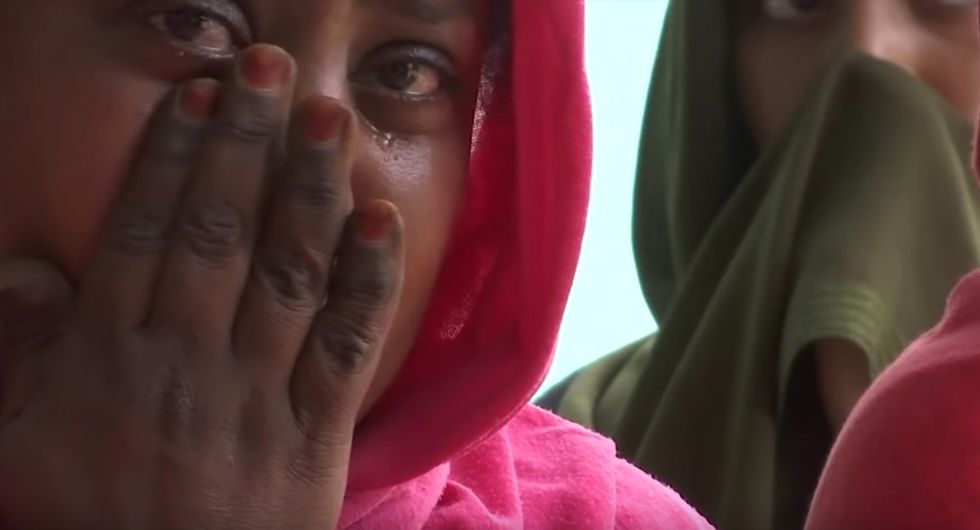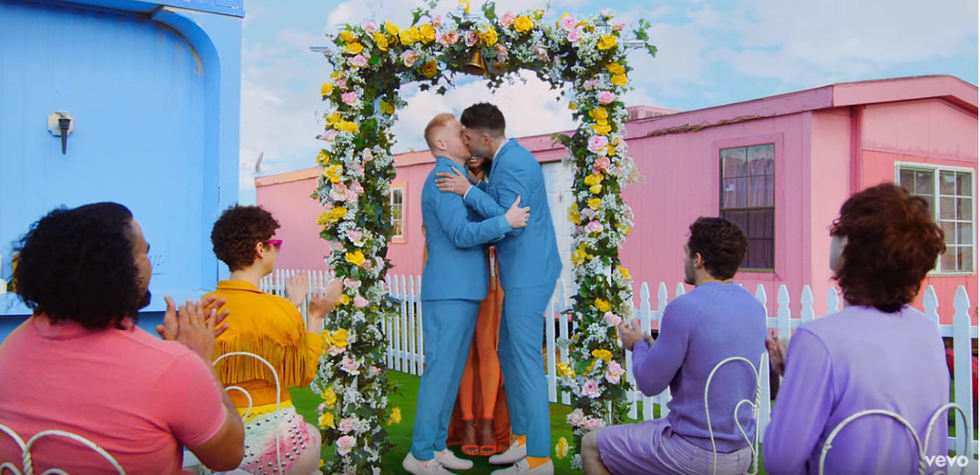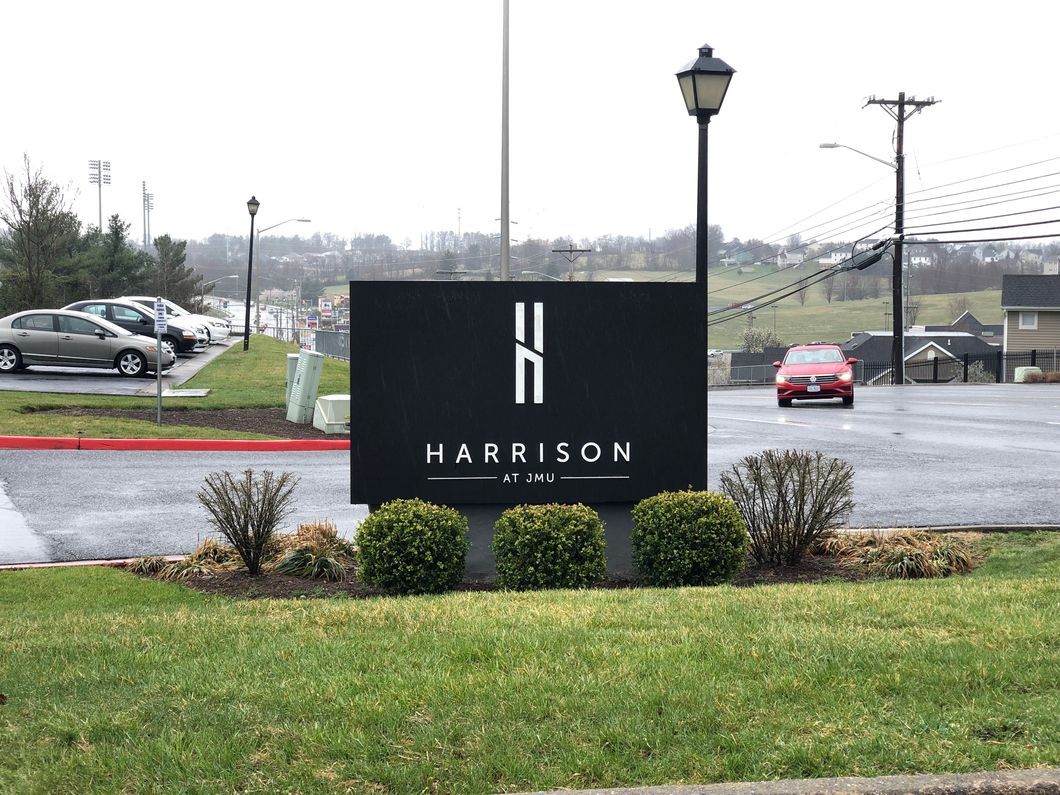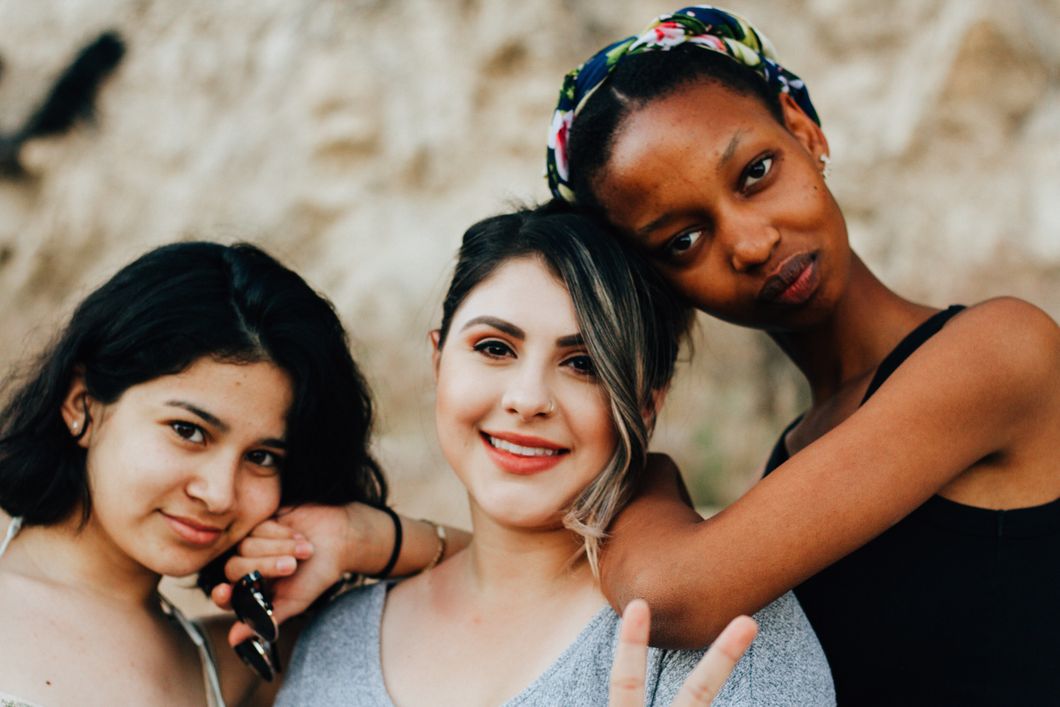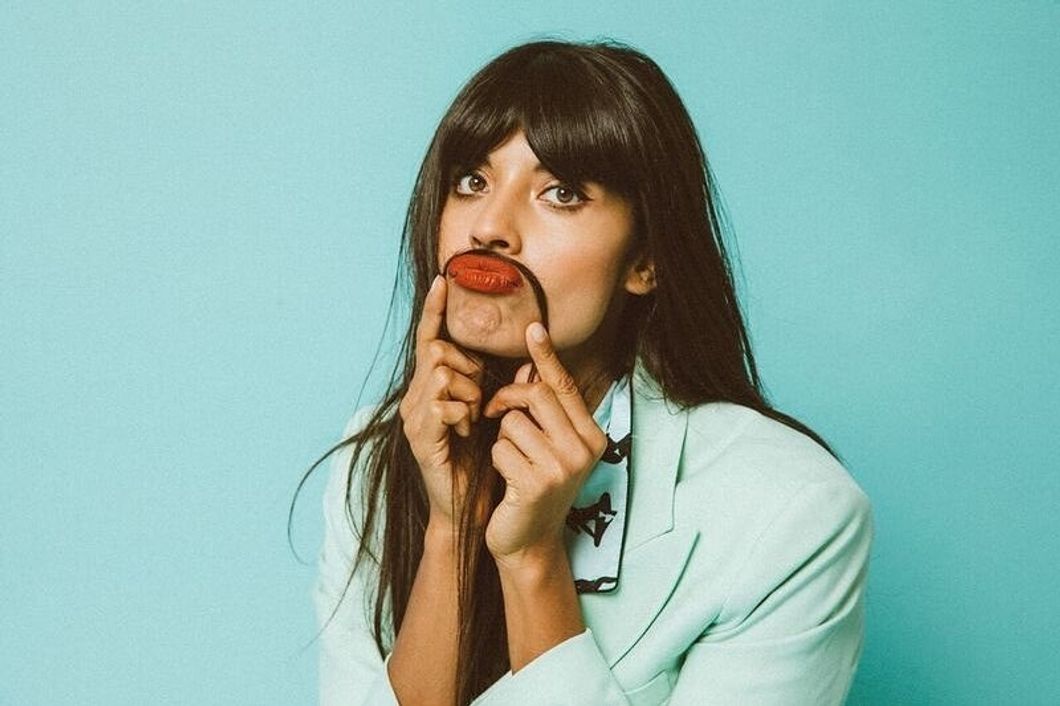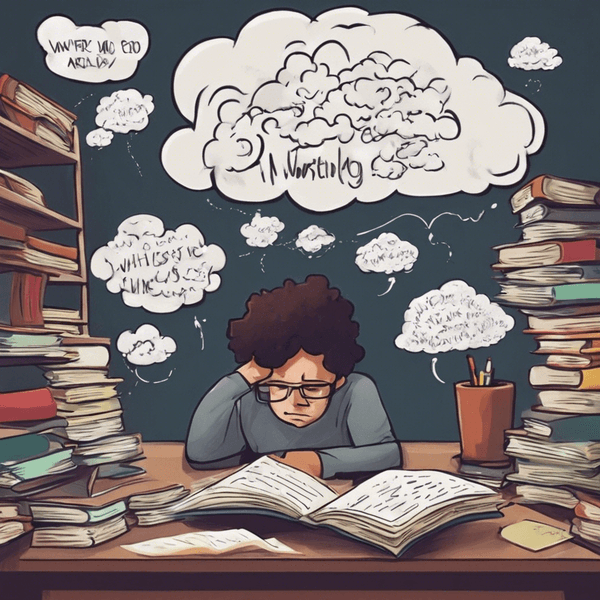Dear Slacktivists, Turning Your Avatar #BlueForSudan Isn't Actually Helping Sudan
Social media really does have its limits.
If you haven't been on social media in the past week or so, you might have missed that there is currently a crisis in Sudan. Users of Instagram and Twitter have taken on the responsibility of broadcasting what is happening in this troubled African nation due to minimal mainstream news coverage of the horrific events. A barrage of blue profile pictures has been the way of showing solidarity with the people of Sudan, along with stories reposting infographics, most commonly a post from the account @sudanmealproject stating "One Like = One Meal Sent to Sudan."
You might be touched that the world has banded together across borders and backgrounds to support our struggling Sudanese brothers and sisters in the wake of recent attacks they've faced from their martial government. On the other hand, if you're like me, you might also be wondering what is really going on there.
Do all these people even know where Sudan is? And why is an Instagram account acting in place of any government or not-for-profit? While social media activism has had the ability to create real change in the past, this campaign shows that the true weakness in using these platforms to voice opinions is that it more often than not replaces actual humanitarian action.
What you may or may not have heard from those Instagram stories is the actual fight for democracy going on in Sudan after the military that removed their president from office began going after protesters in the city of Khartoum, resulting in over 100 people being killed and 70 being raped as reported in The Guardian. The country is in economic peril now amidst government instability, meaning millions of people are facing food shortages and spiking fuel prices.
Instagram, much like Twitter and Facebook, has fallen victim to the attention-grabbers of the internet using a tragedy to promote themselves to their followers as activists without creating action. These "slacktivists" are spreading awareness without solutions or information for their followers about how to help or contribute. While sometimes slacktivists spreading awareness for a cause like the ALS ice bucket challenge or #BlackLivesMatter is enough to increase social awareness, the low-risk element of slacktivism means that the participants are less likely to engage in causes requiring more engagement beyond a post on social media.
If that wasn't enough, the most repulsive part of this whole Sudanese social media slacktivism is that the account seeing the most likes and reposts, @sudanmealproject, is a fraudulent account that is gaining clout without having the means of supporting the claims that they are making. As of this article being posted, the account is now taken down, but not before that original post received over 100,000 likes. To put this into perspective, actual organizations like the University of Khartoum Alumni Association are having trouble raising their goal of $500,000 to bring in food and medical aid.
I'm not saying that people shouldn't share these posts on social media. I think showing people the causes you care about is an important exercise of your right to self-expression. And I know a lot of people shared that post from @sudanmealproject out of the kindness of their hearts thinking they were doing some good.
However, it is during times of crisis that we must think logically and not let pathological exploitations of human suffering get to our better judgment. It surely does not make us better people or humanitarians, and it surely does not help the people of Sudan.
If you want to help, consider donating to a reputable organization like UNICEF, who is actively providing support in Sudan.

